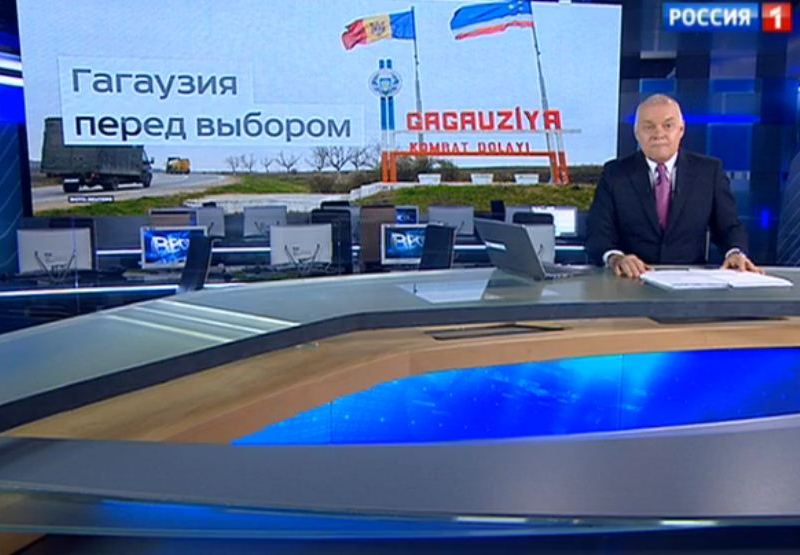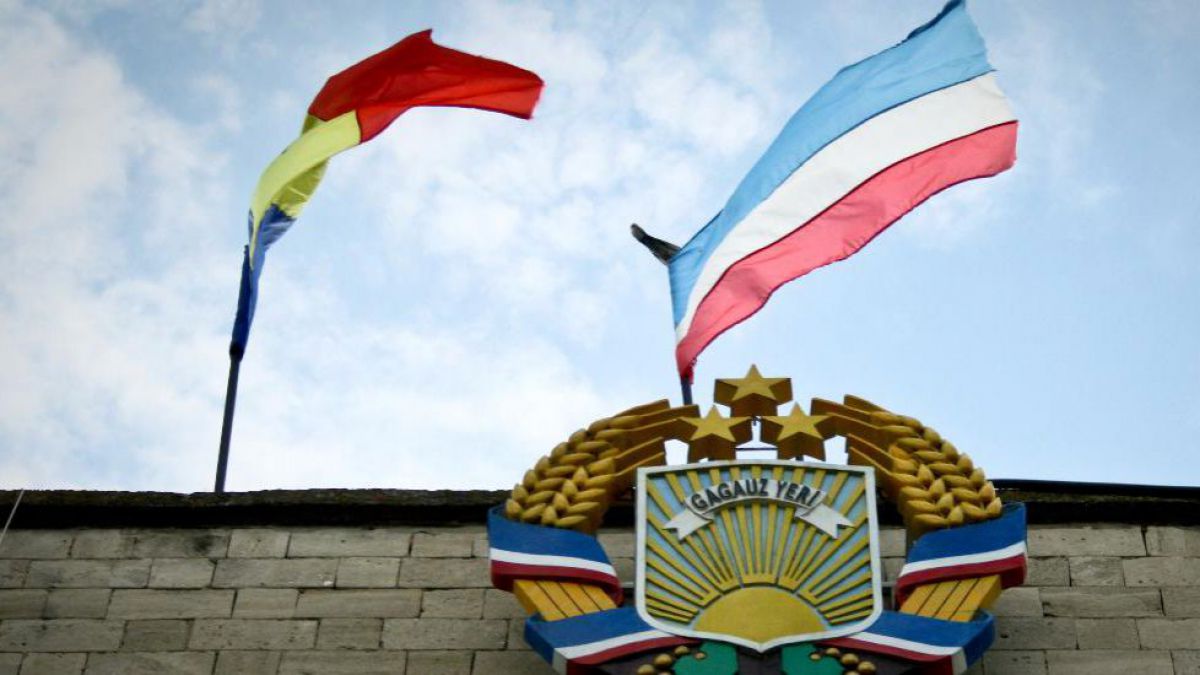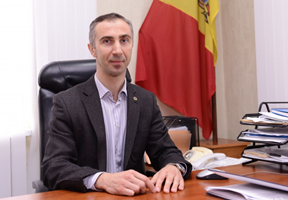Moscow’s interference in the Gagauz Bashkan elections was so blatant that even a Barbie or matryoshka doll could have won, according to Ivan Burgudji, but its suggestion that anyone who didn’t vote for Moscow’s preferred candidate is anti-Russian and anti-Putin has left the overwhelmingly pro-Moscow Gagauz deeply divided.
Overcoming that division is likely to be difficult, the Gagauz parliamentarian says, as is recouping another consequence of Irina Vlah’s “victory.” Her election means she must give up her seat in the Moldovan parliament and that will give the pro-European faction there the votes it needs to continue its pro-European approach.
Reflecting the overwhelmingly pro-Russian position of the Gagauz population, he continues, “not one of the candidates for bashkan” as the president of that republic is known “struggled or wanted to struggle with the Russian Federation.” If Moscow had run a pro-Russian doll, she would have been elected if the others were against Russia.
But that is not what Moscow and its allies among the Moldovan socialists chose to do. Instead, in an extremely “short-sighted way,” they repeatedly accused all of Vlah’s opponents of being “’enemies of Russia and Putin,’” false charges that were disseminated by Moscow television and ones that have left many Gagauz confused and angry.
“I am afraid,” Burgudji says, “that it will be practically impossible in the near term to overcome” what is as a result “the divided Gagauz society.” And he argues that if an anti-Russian trend arises in Gagauzia, “Moscow itself and its Moldovan partners will be guilty” of having caused it.
The only positive aspect of these elections, he says, was the enormous attention Gagauzia received in the Russian media and hence from media around the world. “Not every region of even the Russian Federation itself” gets so much attention. But that is “the only positive thing” one can say.
As others have already pointed out, the campaign and voting were marked by numerous violations and by the open use of administrative resources. Those are so serious that the courts should throw out the results and call for new elections beginning with the nomination of new candidates and proceeding through a campaign to a new vote.
Whether that will happen, of course, depends on whether law or “revolutionary expedience” in Moscow, Chisinau or Comrat has the upper hand. Burgudji doesn’t sound optimistic, and consequently, the Gagauz vote is likely to continue to cause problems in all three capitals.








